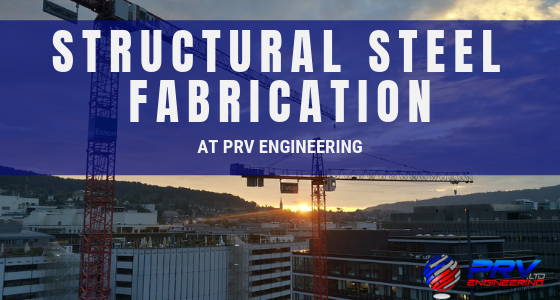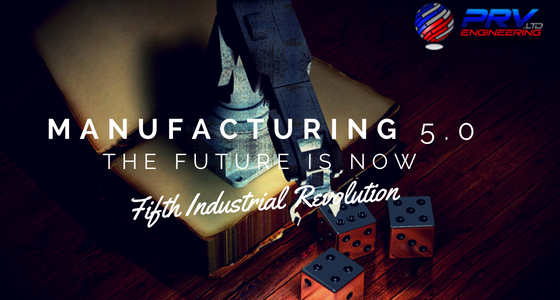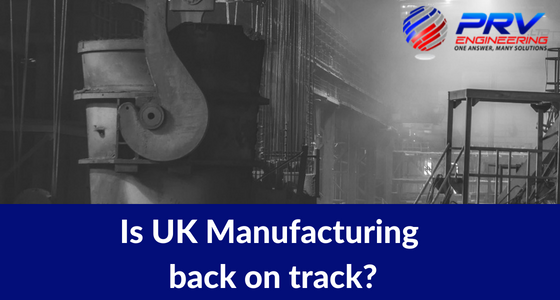Steel fabrication services play a crucial role in various sectors, including architecture, engineering and construction. It involves the process of creating metal structures and components through cutting, bending, and assembling steel. From simple steel beams to complex steel structures, steel fabrication services have turned many ideas and dreams into realities.
In this article, we take a closer look at steel fabrication services, the different types, how to find a reliable steel fabricator in the UK and a few interesting FAQs.











Recent Comments